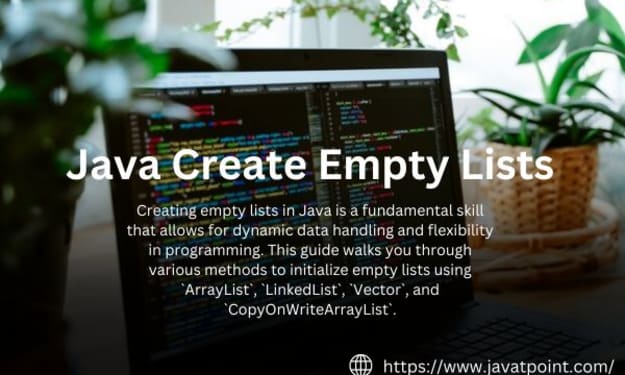Effective Study Techniques for Continuous Learning
Master the Art of Learning: Effective Study Techniques for Lifelong Growth

Effective Study Techniques for Continuous Learning
In today's fast-paced and knowledge-driven world, the ability to learn and adapt is paramount for success. Whether you are a student, a professional, or simply someone passionate about personal growth, developing effective study techniques is essential for continuous learning. This article explores various strategies and approaches that can help you maximize your learning potential and achieve long-term educational and intellectual growth.
One of the fundamental principles of effective studying is setting clear goals. Before diving into any subject or topic, it is important to define what you want to achieve from your study session. This could be mastering a specific concept, improving your problem-solving skills, or enhancing your understanding of a particular subject. By clearly defining your objectives, you can structure your study session accordingly and stay focused on what truly matters.
Another crucial aspect of effective studying is creating a conducive environment. Find a quiet and comfortable place where you can concentrate without distractions. Ensure that you have all the necessary study materials readily available, such as textbooks, notebooks, and relevant online resources. Additionally, eliminate any potential interruptions, such as turning off notifications on your phone or computer, to maintain your focus and maximize your learning potential.
One widely recommended study technique is active learning. Passive reading and memorization are not as effective as engaging with the material actively. Actively interact with the content by asking questions, summarizing key points, and discussing the concepts with others. This process not only enhances your understanding but also helps solidify the knowledge in your memory.
To further enhance your learning, consider employing various multisensory techniques. Different people have different learning styles, and incorporating multiple senses can strengthen your grasp of the material. For example, you can use visual aids like diagrams and charts to represent complex information, or you can create mnemonics to remember important details. Additionally, listening to audio recordings or explaining concepts out loud can reinforce your understanding and improve retention.
Another valuable technique for effective studying is the concept of spaced repetition. Instead of cramming large amounts of information in a short period, spacing out your study sessions over time has been proven to be more effective for long-term retention. By reviewing the material at intervals, you reinforce your memory and allow for better integration of the information into your existing knowledge framework.
In addition to individual study, collaborative learning can greatly enhance your understanding and critical thinking skills. Join study groups or find study partners who share your academic or professional interests. Engaging in discussions, explaining concepts to others, and receiving feedback can deepen your understanding of the subject matter. Moreover, teaching others is an excellent way to reinforce your knowledge and identify any gaps in your understanding.
A crucial aspect of effective studying that is often overlooked is taking regular breaks. Our brains have limited attention spans, and prolonged study sessions without breaks can lead to diminishing returns. Instead, incorporate short breaks into your study routine. Use these breaks to relax, engage in physical activity, or simply give your mind a rest. Taking breaks not only helps you recharge but also enhances your ability to retain information and stay focused during your study sessions.
To optimize your learning potential, it is important to develop good time management skills. Break down your study material into manageable chunks and create a study schedule that aligns with your goals and commitments. Prioritize the most important and challenging topics while allocating sufficient time for revision. Consistency and discipline in following your study schedule will yield better results in the long run.
Finally, it is essential to monitor your progress and evaluate your learning periodically. Assess your understanding through self-testing, practice quizzes, or mock exams. Identifying areas of weakness allows you to allocate more time and effort to improve those areas. Additionally, celebrating your achievements and milestones along the way can provide motivation and boost your confidence in your learning abilities.
In conclusion, effective study techniques are crucial for continuous learning. By setting clear goals, creating a conducive environment, actively engaging with the material, employing multisensory techniques, spacing out your study sessions, collaborating with others, taking regular breaks, managing your time efficiently, and monitoring your progress, you can optimize your learning potential and achieve long-term educational and intellectual growth. Remember, effective studying is not just about the quantity of time spent but also the quality of your study sessions. So, apply these techniques consistently and adapt them to your unique learning style for the best results.
About the Creator
Jenny Endino
Hi, my name is Jenny.
Unveiling fascinating facts, unraveling gripping mysteries, delivering timely news, and diving into the depths of physiology. Prepare to be captivated by a world of knowledge that will leave you hungry for more.






Comments
There are no comments for this story
Be the first to respond and start the conversation.